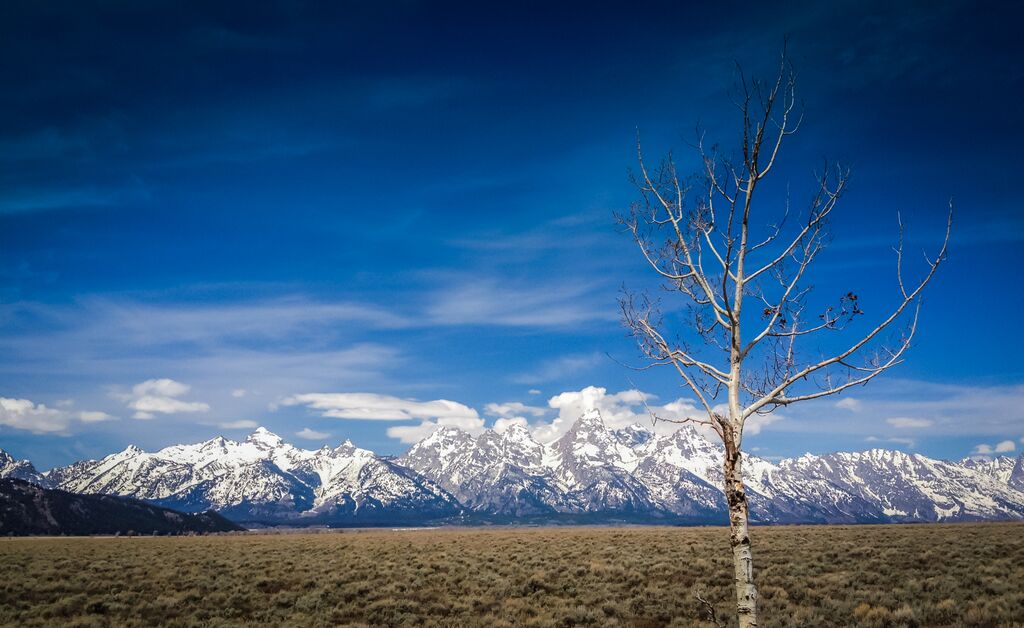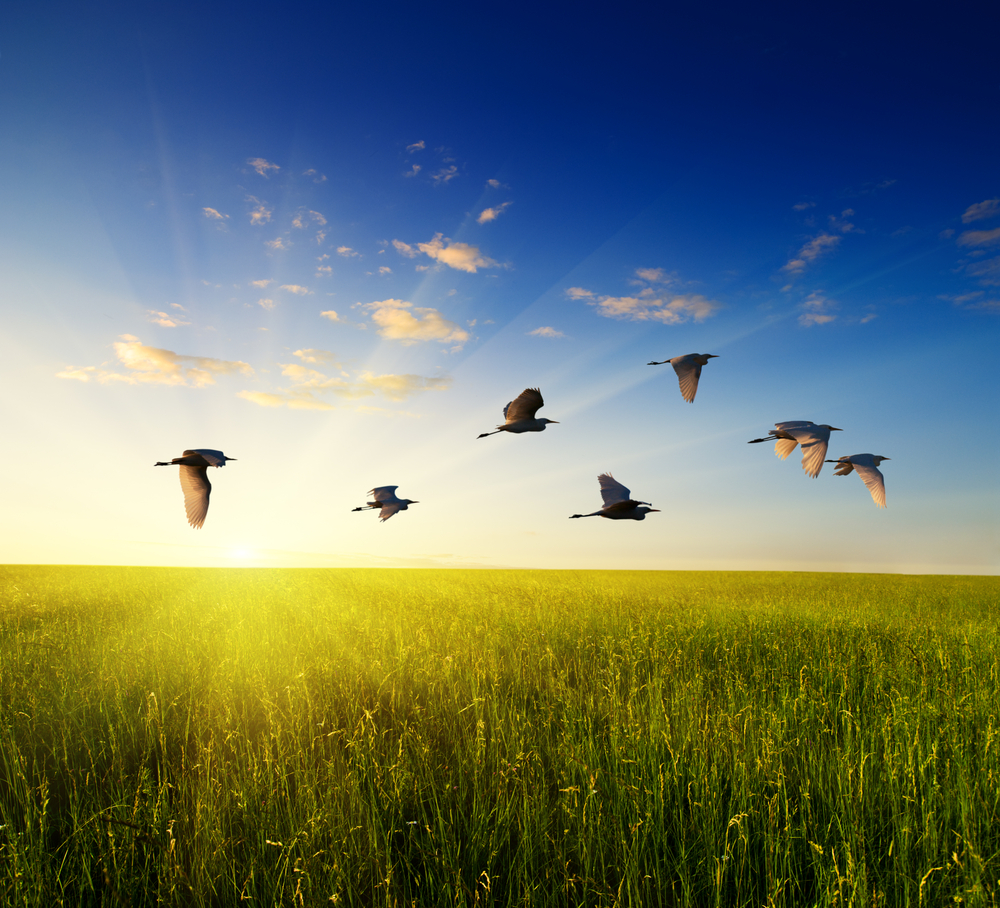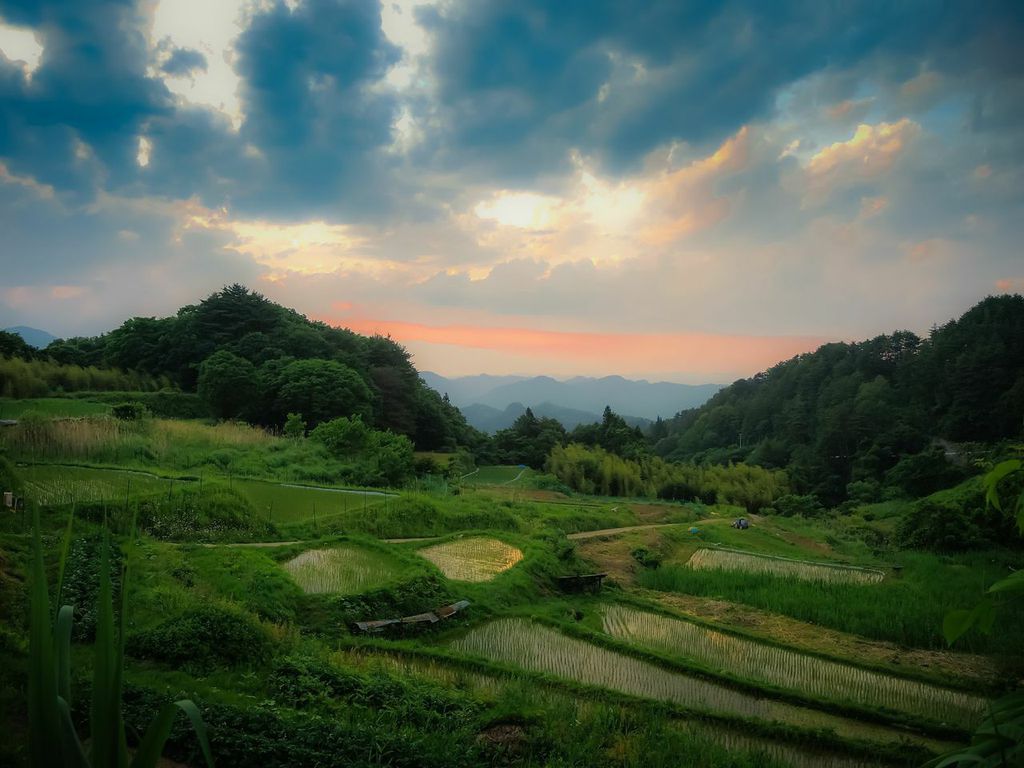We all know about New Year’s resolutions and how short-lived they can be. Consider setting a long-term intention. A long-term intention is also called a vow or dedication. In the forest monastery we would gather before dawn in the candlelit darkness and begin the sonorous morning chanting to dedicate ourselves to loving-kindness and liberation for all. The chants reminded us that awakening is possible whenever we dedicate ourselves to a noble way of life. We would vow to use the support we received as monks for awakening and compassion, for ourselves and for all beings.
In these challenging times, amidst the pandemic, climate disruption, calls for social and racial justice, and our own personal challenges, we too can pause, quiet ourselves and dedicate ourselves to our best intentions. Setting a long-term intention is like setting the compass of our heart. No matter how rough the storms, how difficult the terrain, even if we have to backtrack around obstacles, our direction is clear. The fruits of dedication are visible in the best of human endeavors.
At times our dedications are practical: to learn to play the piano well, to build a thriving business, to plant and grow a beautiful garden. But there are overarching dedications as well. We might dedicate our life to prayer, commit ourselves to unwavering truthfulness or to work for world peace. These overarching dedications set the compass of our life, regardless of the outer conditions. They give us direction and meaning.
I heard a story about an inner-city school principal who spent part of her evenings making sandwiches for the homeless. After she finished she would travel around the poorer parts of her neighborhood and distribute them. Even though her day was already full, this evening activity didn’t overwhelm her. It actually made her happy. She didn’t do it out of guilt, duty, or external pressure. They were hungry. She had food. She shared in a way that made a difference for her. Even when she was rebuffed by those to whom she offered food on the street, she didn’t feel rejected or angry, because she wasn’t doing it for the acceptance or appreciation. After some time the local media heard what she was doing and printed a story about her. Instantly she became a minor celebrity. Her fellow teachers and friends started sending her money to support her work. Much to their surprise, she sent back the money to everyone with a one-line note that said: “Make your own damn sandwiches!”
When we read something like this it is inspiring. It touches our own innate nobility and courage. But it can also bring up guilt and self-doubt: What about me? Am I doing enough?
It is good to question our own dedication, even if it makes us uncomfortable. To what have we dedicated our life? How deeply do we carry this dedication? Is it time to rededicate our life? We have to be true to our own way.
As you begin the New Year, take some time to sit and quietly reflect. If today you were to set or reaffirm a long-term intention, a vow, your heart’s direction, what would it be? It might be as simple as “I vow to be kind.” It might be a vow to build a healthy business, establish a truly loving family. It might be an intention to dedicate yourself to the healing or care of others, or to fearlessly express your creativity in the world. Once you have a sense of your long-term dedication, write it down. Then put it someplace where you keep special things. Now, as you go through the year, let it be your compass—your underlying direction—in spite of changing outer circumstances. Let it carry you.
Thomas Merton once advised a frustrated young activist, “Do not depend on the hope of results. . . . you may have to face the fact that your work will be apparently worthless and even achieve no result at all, if not perhaps results opposite to what you expect. As you get used to this idea, you start more and more to concentrate not on the results but on the value, the rightness, the truth of the work itself.” By aligning our dedication with our highest intention, we chart the course of our whole being. Then no matter how hard the voyage and how big the setbacks, we know where we are headed.





